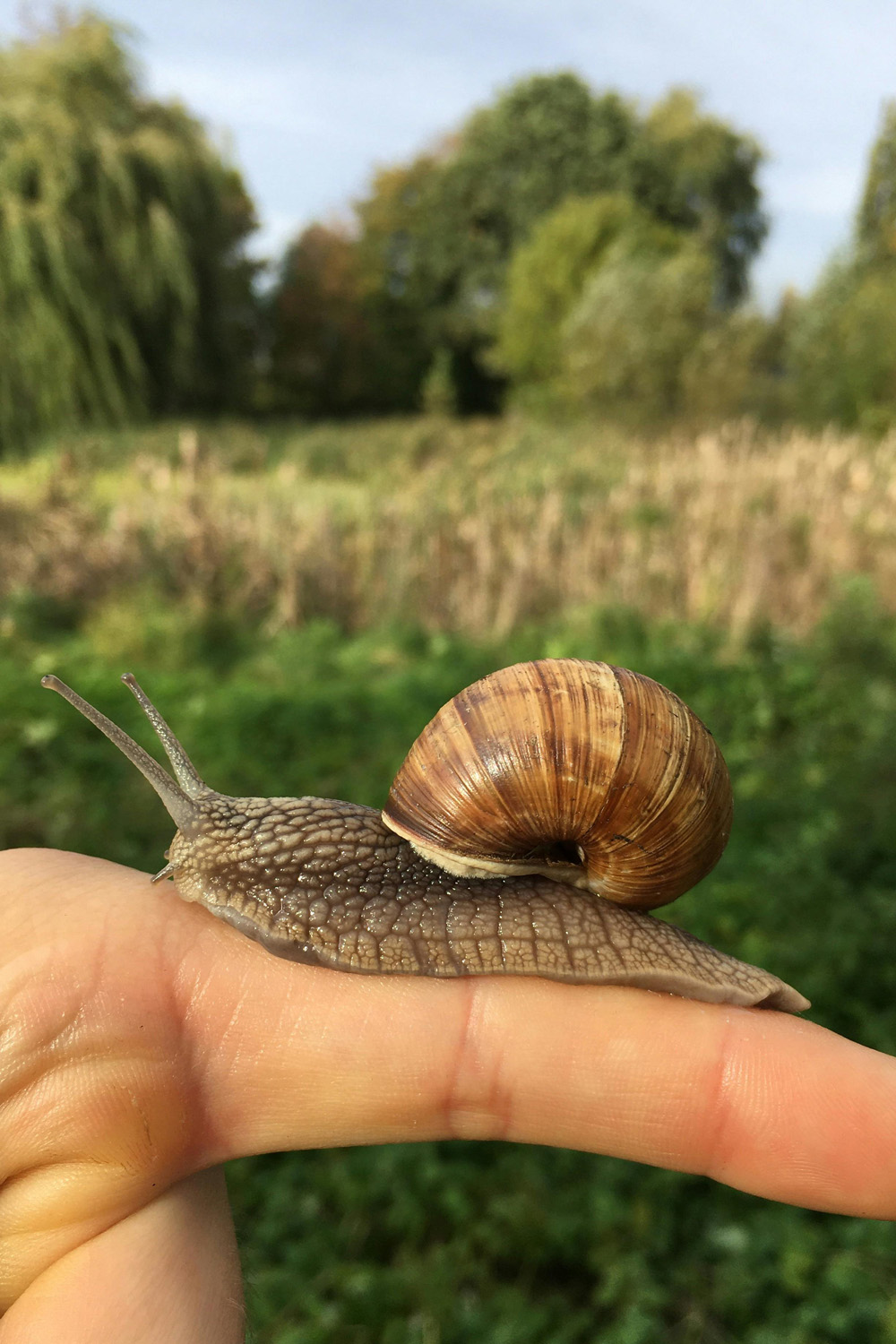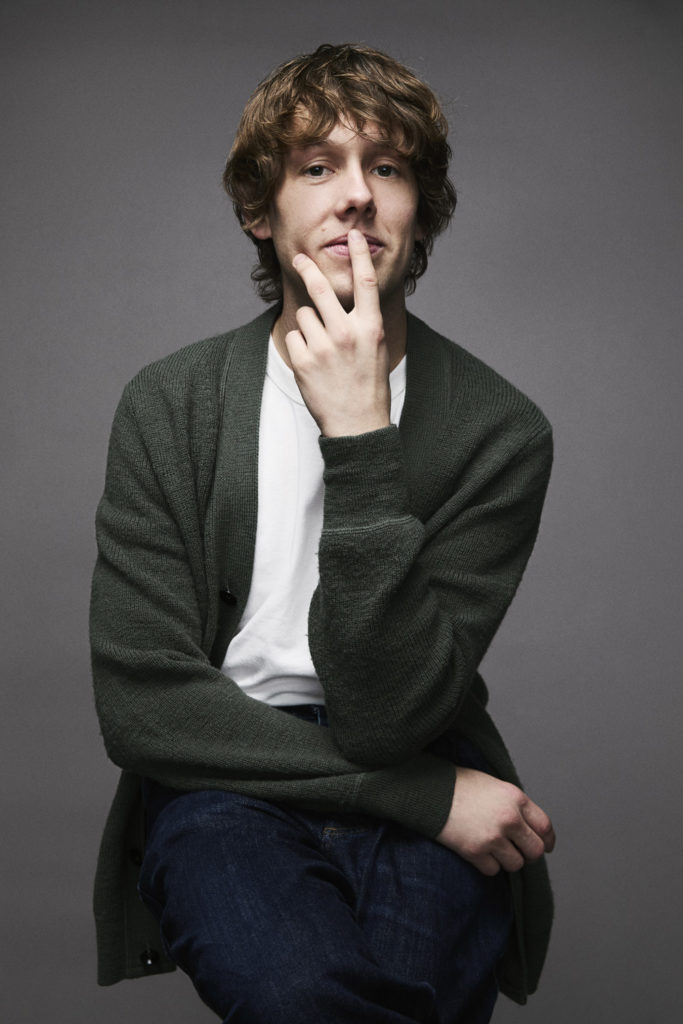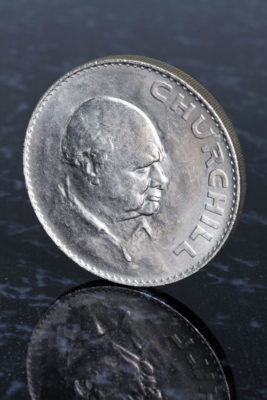
Do You Have Snail Friendships?
By
1 year ago
This TikTok trend has us treasuring our besties
Over the past year, searches for ‘Snail Theory’ have beaten out all other Google searches regarding friendship theories. Here’s what it means, plus how to tell if you have a snail friend.
What Is The Snail Theory?
The snail theory in friendship is the idea of building friends slowly, gradually and with purpose – just like how a snail moves. The metaphor stems from writer Rich Brown, who coined the term, explaining: ‘Developing connections at a snail’s pace allows us to appreciate the nuances of our friendships, building them on shared experiences and genuine understanding, rather than the superficial bases that quick connections often stand on.’
Inspired by the fast-paced, ‘swipe right’ culture that rules not just dating but also friendship forming in the modern age, Rich points out it’s not just the slow pace of the snail that encapsulates the idea of meaningful friendships. ‘A crucial aspect of the Snail Theory is recognising the importance of boundaries, much like a snail with its shell,’ Rich writes. ‘Our personal boundaries protect us, and respecting those of others fosters healthier, more sustainable friendships. It’s about knowing when to share and when to listen, understanding that everyone’s comfort zone is different. This respect for boundaries ensures that friendships have the room to grow without overstepping personal limits.’
Do I Have A Snail Friend?
Snail friendships are those which developed gradually over time; perhaps your oldest friends are your snail friends, or those you met and stayed in touch with even when it wasn’t convenient.
More Friendship Theories
The Snail Theory is the latest in an ancient line of theories surrounding friendship, which date back to antiquity. Aristotle, for example, believed genuine friendships are based on mutual usefulness or genuine pleasure, and are forged between good people who always wish each other well. Dunbar’s Number is another, more numerical friendship theory: that, as social humans, we can maintain circles of five loved ones, 15 good friends, 50 friends, 150 meaningful contacts, 500 acquaintances and 1,500 people we recognise. Similarly, the Seven Friends Theory posits we need seven friends who each play a different role in our lives; for example, a childhood best friend, a friend for activities, a friend who is like family, or a friend who is a good listener.






















